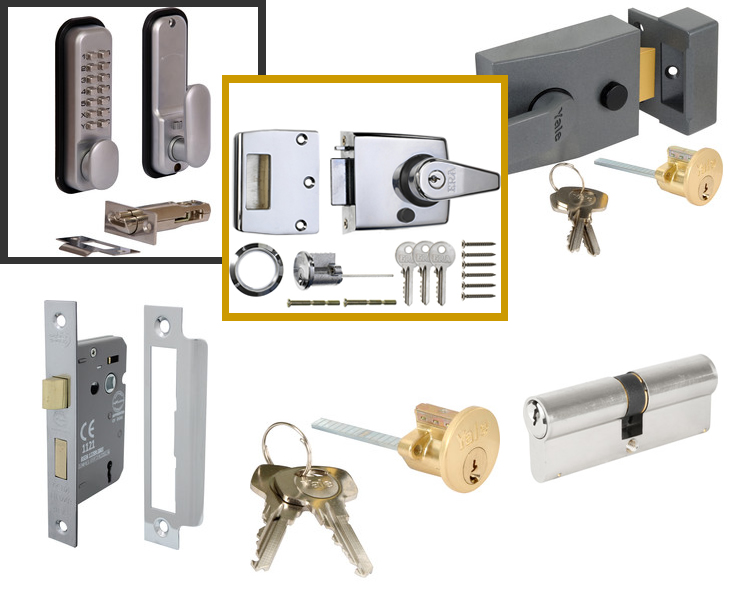Northampton locksmith carries most lock types in their vans, which is why they can finish the job on their first visit. Read more about the types of locks below.
- Northampton, NN1
Locksmith Northampton
Locks Supplied & Installed
Locksmith Northampton
Fast, Affordable and Reliable!
Our inhouse locksmith team in Northampton open, repair and replace all types of locks professionally and without any damage. Within 30 minutes at your doorstep. Prices starting at £59.00 (excl. VAT)
Our Advantages:
- Reliable & recognised locksmith
- 30-minutes at your door
- Available 24/7
- Door open 100% damagefree*
- All (security) locks
“We, as a team of locksmiths in Northampton, are available for you 24 hours a day, 7 days a week.”

Contact Locksmith Northampton and we will open your door without damage. Our specialists are on site quickly.

Replacing locks
If your lock is defective or you have lost your key, it is important to replace your locks as soon as possible. Please contact Locksmith Northampton. Our specialists are on site within 20 minutes. We replace your locks quickly and professionally. Benefit from our excellent service:
Types of locks
There are various types of locks. Depending on the type of door, the material of the door and the direction of rotation, this determins which type of lock is suitable. Here we explain the different types of locks:
- Normal mortise lock
- Mortise lock day / night
- Day / night rim lock
- Multi-point lock
- Night Latch Lock
- Support Lock
Normal mortise lock
Of all types of locks, a mortise lock is the most common lock used in internal and external doors. The mortise lock is often used on interior doors and is built into the door and frame. This type of lock ensures that the door is only secured in one place, normaly just below halfway of the center of the door, which is why the mortise lock is not often used on external doors as the only lock. If this is the case, then there is often a combination with an extra night-latch lock. Mortise locks are usually easy to replace, and our locksmith makes sure that he adheres to the correct dimensions.
Mortise lock for day and night
If you can operate the mortise lock by means of a door handle, key or rotary knob, it is a day and night lock. The mortise lock for day and night consists of two parts: a latch bolt and a dead bolt. The latch bolt ensures that when the door is closed, it actually remains closed. You can then open the door again with a lever handle or a quarter turn of the key. The deadbolt is much stronger and ensures that the door can be locked by turning the key one or two turns. This will close your living space to others. The advantage of a mortise lock is that it offers comfort during the day and security at night. Sometimes a mortise lock is combined with an extra side lock for more security.
Multi-point lock
Another type of day and night lock that is often used is the multi-point lock. The multi-point lock is increasingly used in modern new construction. This lock is an extra secure version of a mortise lock. The multi-point lock has at least three locking points distributed over the length of the door. This type of lock ensures that you can close the door at several points with one action and one key. When using a multi-point lock, in principle no additional locks are required. Normally it is installed on uPVC doors, and some makes of wooden doors.
Night Latch Lock
A Night Latch (Yale Type Lock) is a lock commonly found on home front doors; they are mounted to doors that open inwards and mounted to the inner surface of the door. ... Night Latches have basic and high security features, they are very easy to use, open the door with a key and shut the door behind you. Often installed as additional security with mortice lock.
Support lock
The rim lock mainly occurs in older houses in large cities. In new construction you will hardly find this type of lock anymore. The rim lock is attached to the inside of the door or frame. This lock also consists of a latch and a deadbolt, except that the latch is opened with a sliding handle instead of a door handle.
